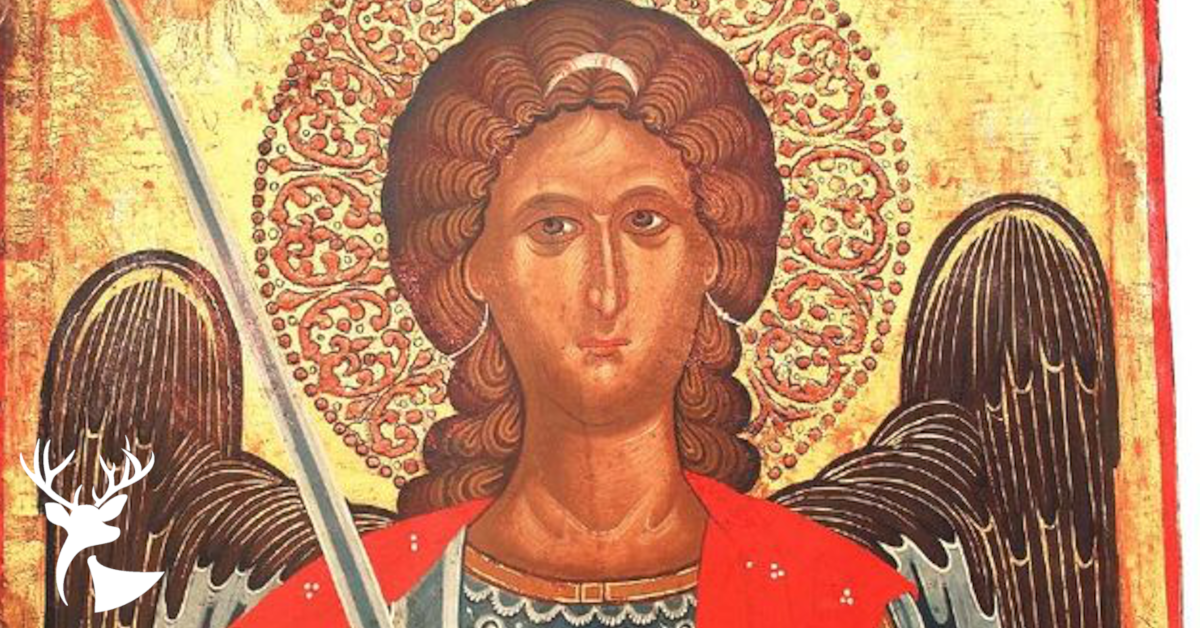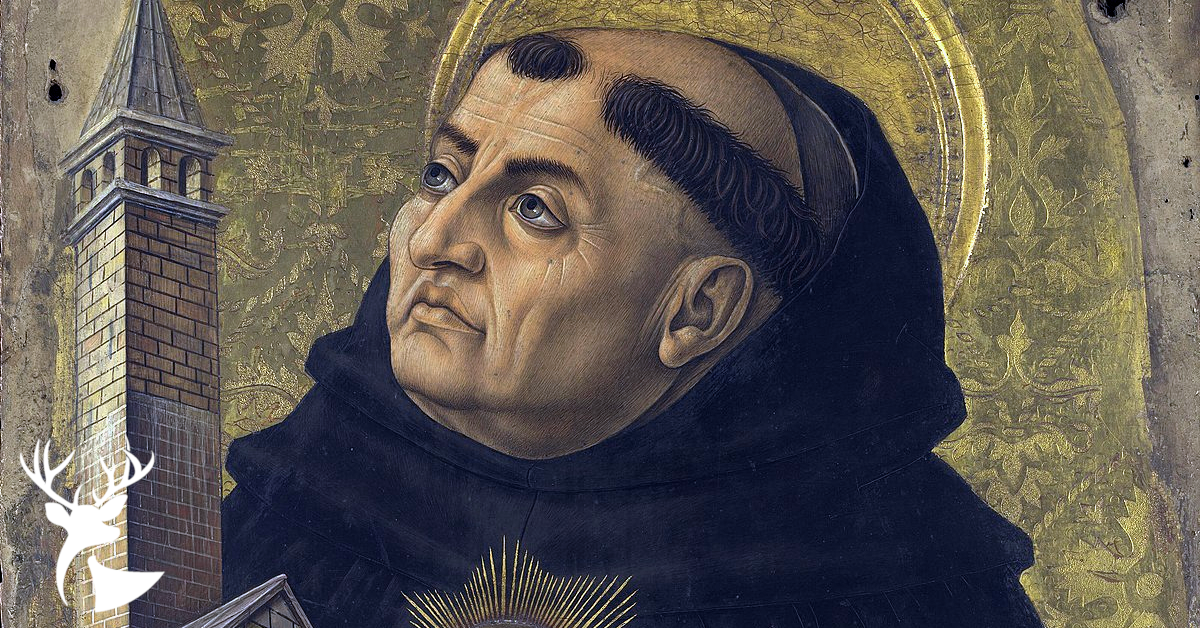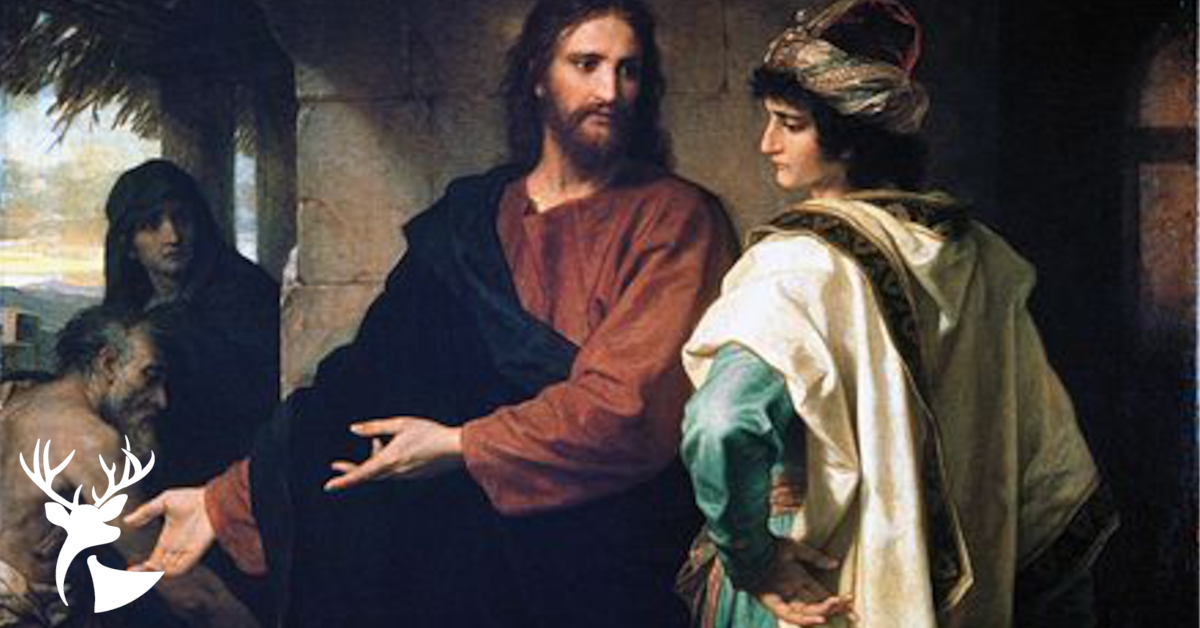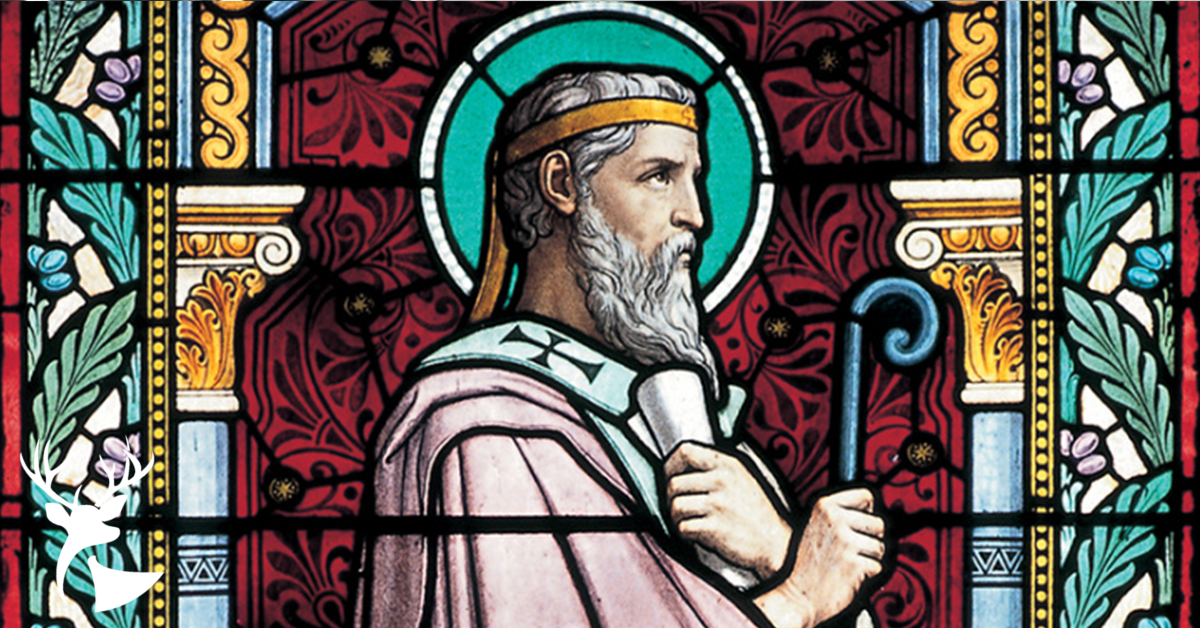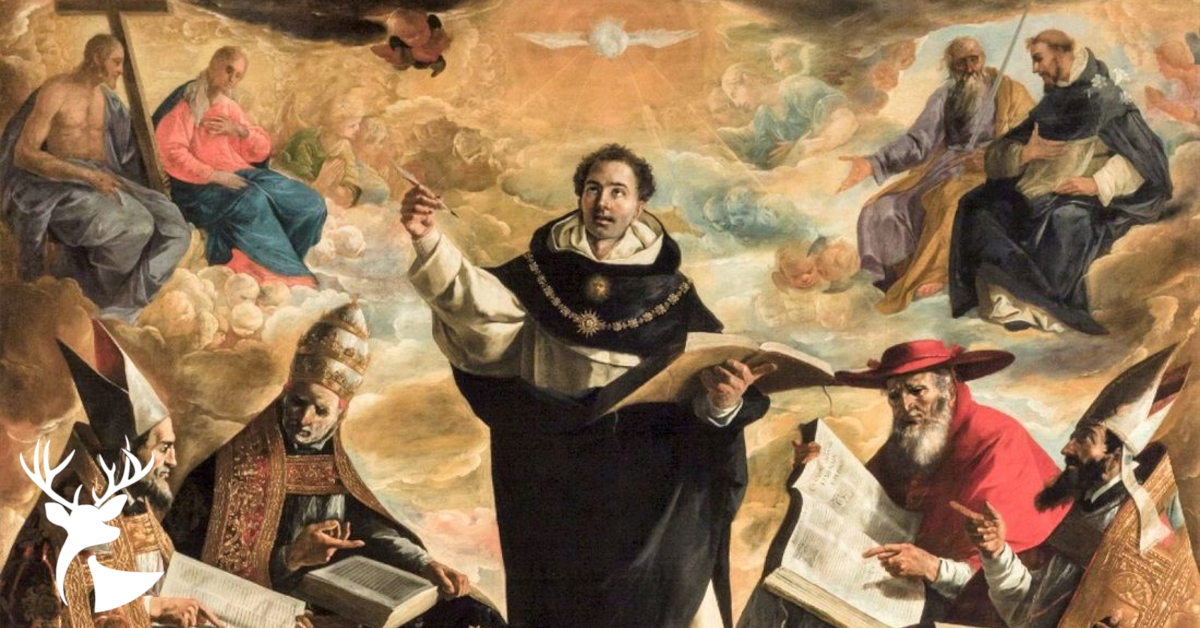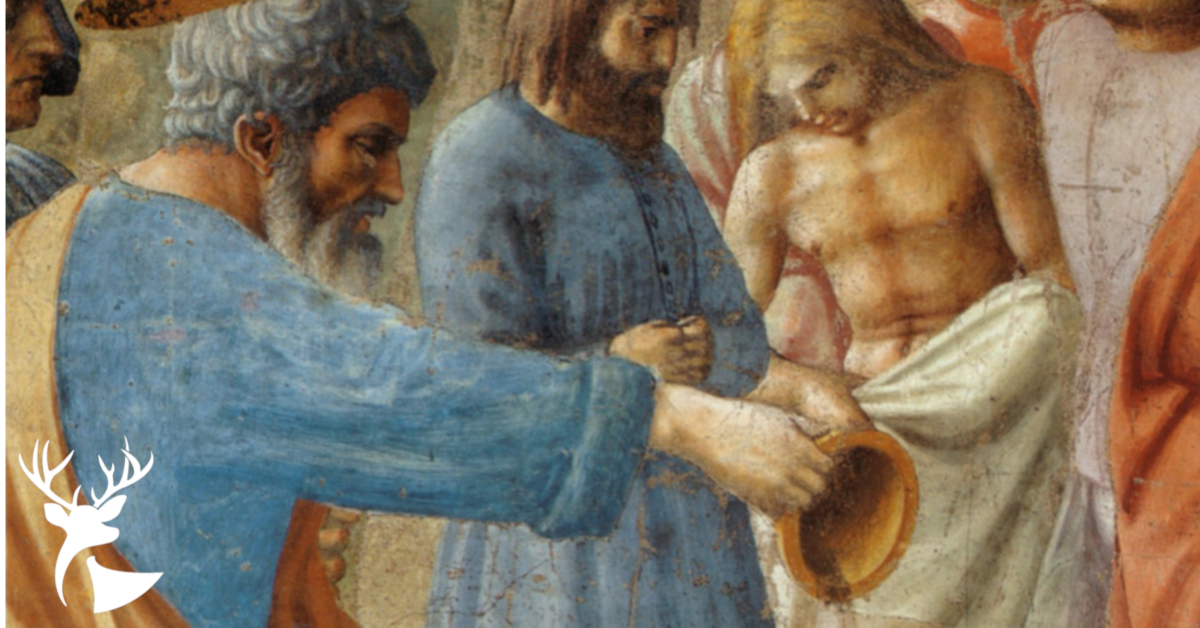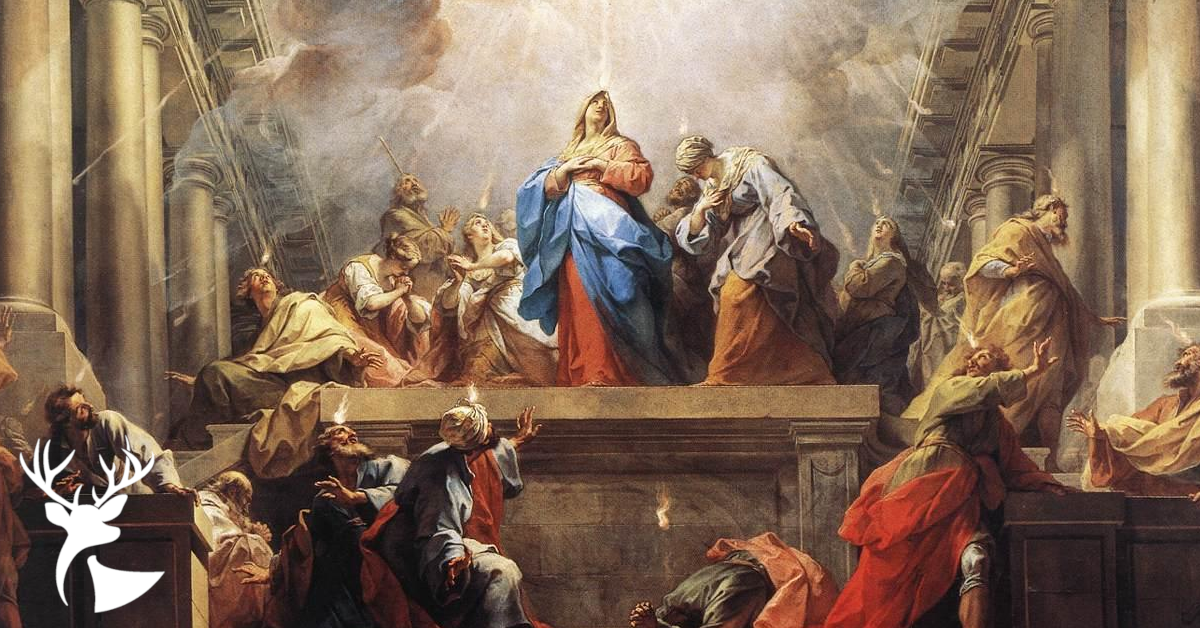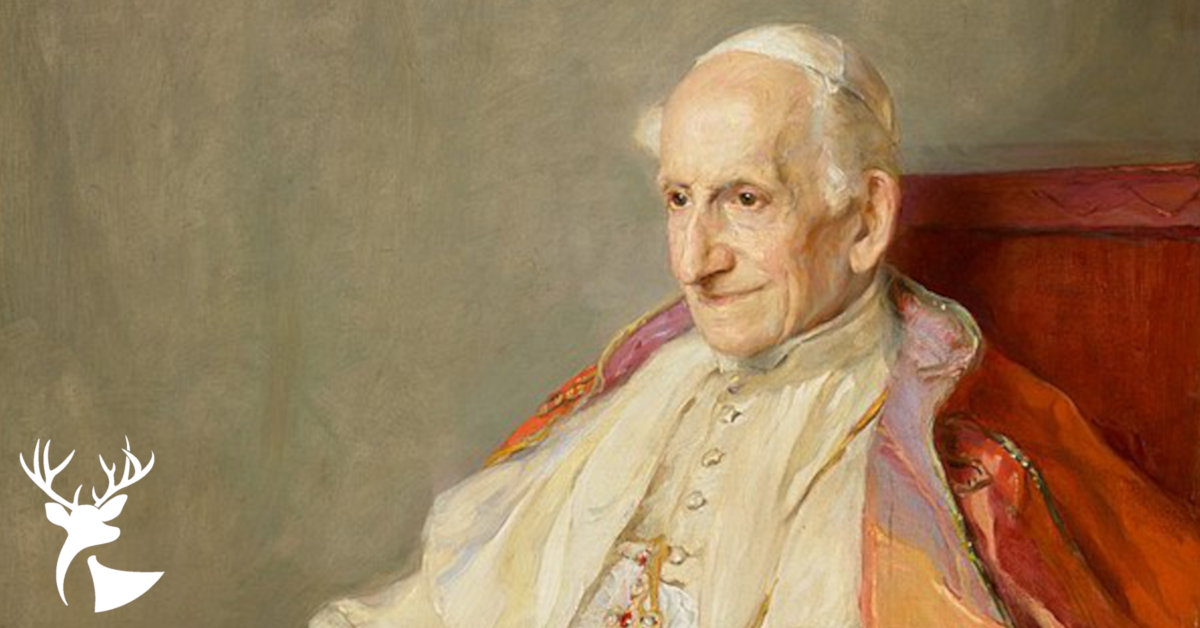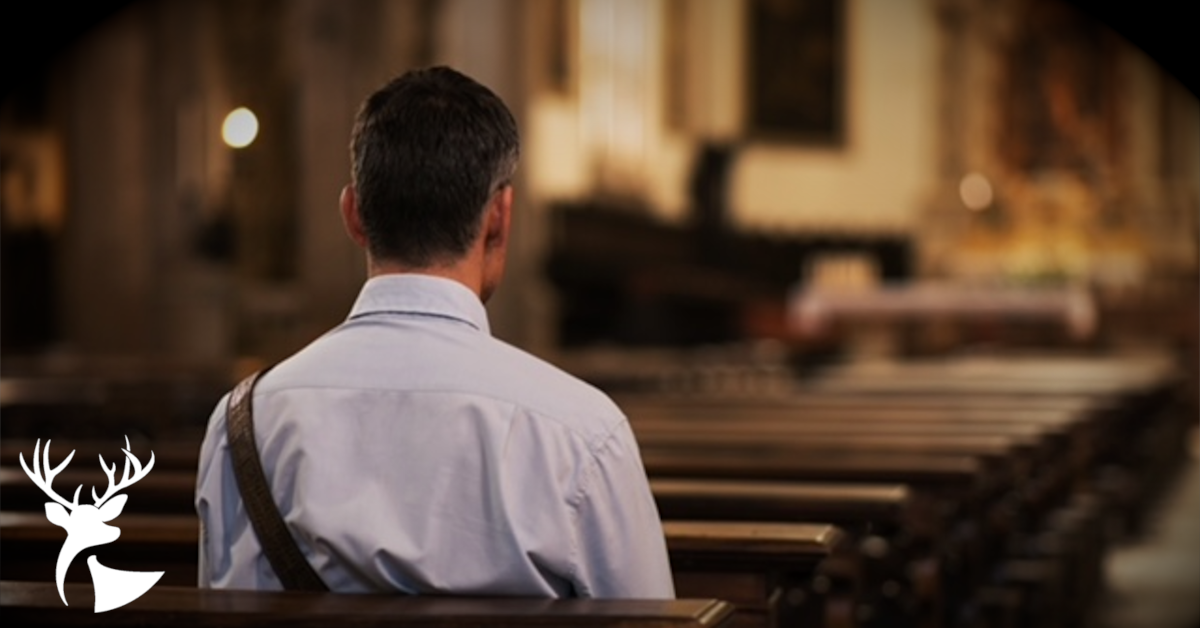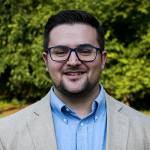
Dr. Aaron Henderson is a Faculty Tutor for the Alcuin Institute for Catholic Culture.
Dr. Aaron Henderson is a Faculty Tutor for the Alcuin Institute for Catholic Culture.
← Return to EssaysStay Connected!
“[T]he essence of knowledge does not consist in the effort for which it calls, but in grasping existing things and in unveiling reality. Moreover, just as the highest form of virtue knows nothing of 'difficulty,' so too the highest form of knowledge comes to man like a gift—the sudden illumination, a stroke of genius, true contemplation; it comes effortlessly and without trouble.”
—Josef Pieper, Leisure, the Basis of Culture
There is arguably a connection between growing levels of stress and anxiety, especially among young people, and a culture of hyperactivity. There is a tendency to think that a person is valuable only inasmuch as he or she is contributing in a tangible, calculable way to civil society or to the Church. This tendency is perhaps more widespread here in the United States than abroad, for as a people we tend to value hard work and grittiness, at least as a hypothetical or ideal. The truth is, though, that this way of seeing work and the human person, which absolutizes work and makes it that for the sake of which human beings exist, is misguided, and it results in less fulfilled persons and thus in a disordered society.
An alternative to this modern hyperactive model can be found in Josef Pieper’s Leisure, the Basis of Culture. He wrote the book in the throes of the post-war period in Europe, when there was indeed much to be done, much to be (re-)built. If leisure, as opposed to work, say, seems like a peculiar foundation for culture, bear in mind that Pieper does not mean laziness (and certainly not the capital sin of sloth), nor does he mean the mere absence of work. Pieper points out that leisure has its origin in the Greek skole and the Latin scola, both of which we might render as school in English. Leisure might not immediately come to mind when we reflect on our own experience of school. In fact, thinking of school might raise our blood pressure and elicit anxiety as we remember the many assignments, exams, and late-night study sessions. But the school exists to form the human person, and in an integral or complete way. It exists for the purpose of human flourishing. That is why, as Pieper explains, leisure is so bound up with the intellectual life, since reason is the highest thing in man and thus that which demands above all else to be fulfilled or perfected.
What characterizes this intellectual life? First, because we are creatures bound up with time and contingency and matter, human knowing progresses step-by-step, as it were, discursively, as it is sometimes called. Second, however, as creatures endowed with intellect, we reach out “beyond” the “human” and touch on the purely spiritual. The first aspect of human knowing does require a certain amount of intellectual work. The second aspect, on the contrary, is characterized by lightness, effortlessness. It is much the same in human relationships. They take work and careful cultivation. They require action. At the same time, an essential element of all meaningful relationships, especially marriage, is a profound receptivity and openness to the being of the beloved, not a complicated equation or rational process but a simple beholding. In short, some things are considered primarily as products of man’s blood, sweat, and tears, while others seem as pure gifts. Pieper relates discursive thought and intellectual contemplation as toil and trouble to effortless possession. The latter is the higher and the more important element even in human relationships, to say nothing of the relationship we ought to have with the Triune God.
To use a famous example from Luke 10, both Mary and Martha serve our Lord when He dwells in their house, but one more perfectly. Martha is “distracted with much serving,” as the Evangelist puts it, and Jesus Himself recognizes that she is “anxious and troubled about many things.” Mary, on the contrary, recognizes the one thing needful and so sits at Christ’s feet and listens to His teaching. Because Mary has chosen to sit in loving contemplation, Jesus judges that she has “chosen the good portion, which shall not be taken away from her.” Mary exemplifies for us the leisurely spirit, which again is not laziness or complacency but loving docility to being and to the Source of being.
This is precisely what we try to accomplish at the Alcuin Institute for Catholic Culture with our annual Great Books intensive courses and Catholic Imagination Fellowship, namely, to encourage and promote the oft-forsaken art of leisure. The classes are open to all, to the motivated high school student wanting college credit and to the retiree wanting to plunge more deeply into the life of the mind. The Fellowship is intended for college-aged students and is one of many ways the Alcuin Institute is trying to bolster Catholic culture in Eastern Oklahoma. The Fellowship in particular might seem to some like a waste of time. After all, while there are certainly books to be read and tasks to be completed, the goal of the program is not action but contemplation, not utility but the pursuit of that which is desirable in itself, for its own sake.
The Great Books allow one to enter into conversation and even communion with brilliant philosophical, theological, and literary minds, despite the considerable temporal distance. What makes this communion possible is truth itself, which has a universality and objectivity such that it transcends time and space. This runs contrary to a tendency, largely modern, to doubt whether our (intellectual) ancestors have anything at all to teach us. After all, the contemporary world is alive with its own unique problems and concerns. What, then, can a Greek man born before the time of Christ teach us about virtue and the good life? What can a fourteenth century Italian poem tell us about love and loss, heaven and hell? Reading the wisdom of the past quickly dispels this doubt, it seems to me. It is hard to read Plato’s Apology without seeking to emulate the great and noble Socrates; it is practically impossible to read Dante’s Inferno without gaining some insight into divine justice and the beauty of God’s providential plan. Entering into intellectual communion with great minds has the power to make us great likewise, if we are but willing to let ourselves be transformed.
The Catholic Imagination Fellowship includes these Great Books courses, along with prayer, service to the Diocese, and cultural excursions, all of which in their own manner complement the time spent in the classroom. We intend it to be an admixture of work and leisure, always aware that the latter is the higher and more important element.
Because, as I said at the beginning, we live in a culture that has forgotten its own basis or foundation, all this may appear wasteful. But what seems to some as a waste, as trash, should in truth be every person’s treasure. I invite all those interested to “waste” time with us this summer at the Catholic Imagination Fellowship. I promise that it will be time well wasted. Visit our Fellowship page for more information!
More Reading

Dr. Aaron Henderson is a Faculty Tutor for the Alcuin Institute for Catholic Culture.


